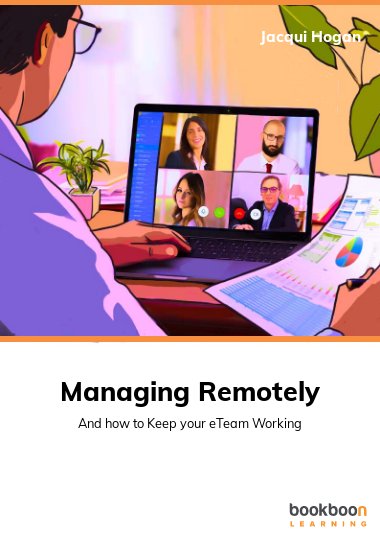The Covid Pandemic has changed the way we work forever. There was little time to modify processes, build trust, or understand the fundamental changes this would make to behaviour. Many Managers found themselves floundering as they tried to retain control over work being done by ‘absent’ workers and struggled as they worried about losing control of their teams without clear instruction and guidance from above. This book introduces the importance of social interaction when working remotely and the key changes needed to Management thinking and processes to make this work in practice.
About the Author
Jacqui Hogan has wide experience in helping managers to be more effective. and believes that by sharing this experience she can help up and coming managers avoid some of the mistakes she made! She writes short, easy to understand books that a manager can refer back to and with tips, a manager can use in their everyday management activities; the sort of books she would like to read herself.

